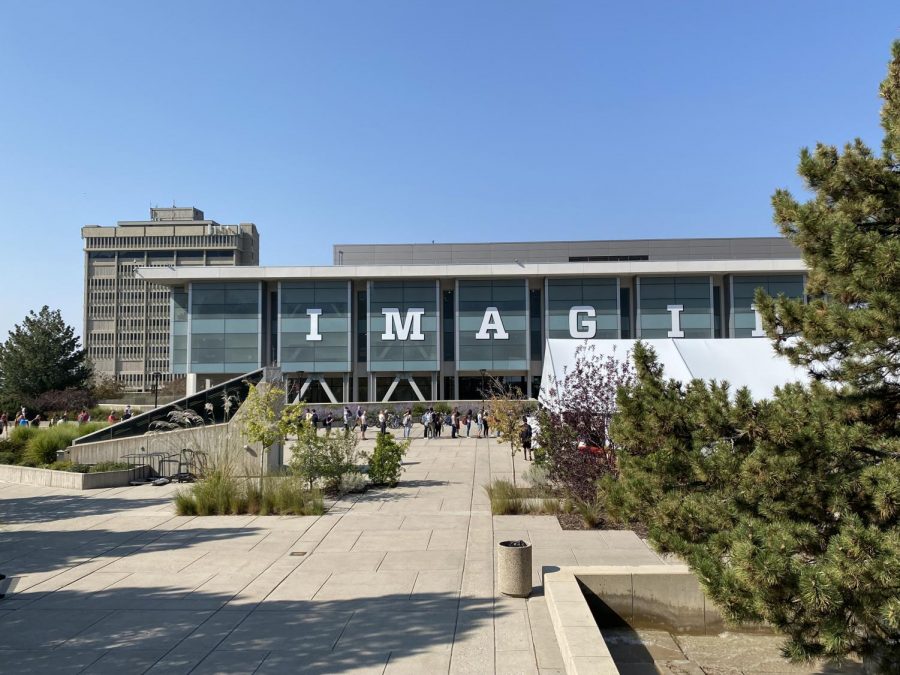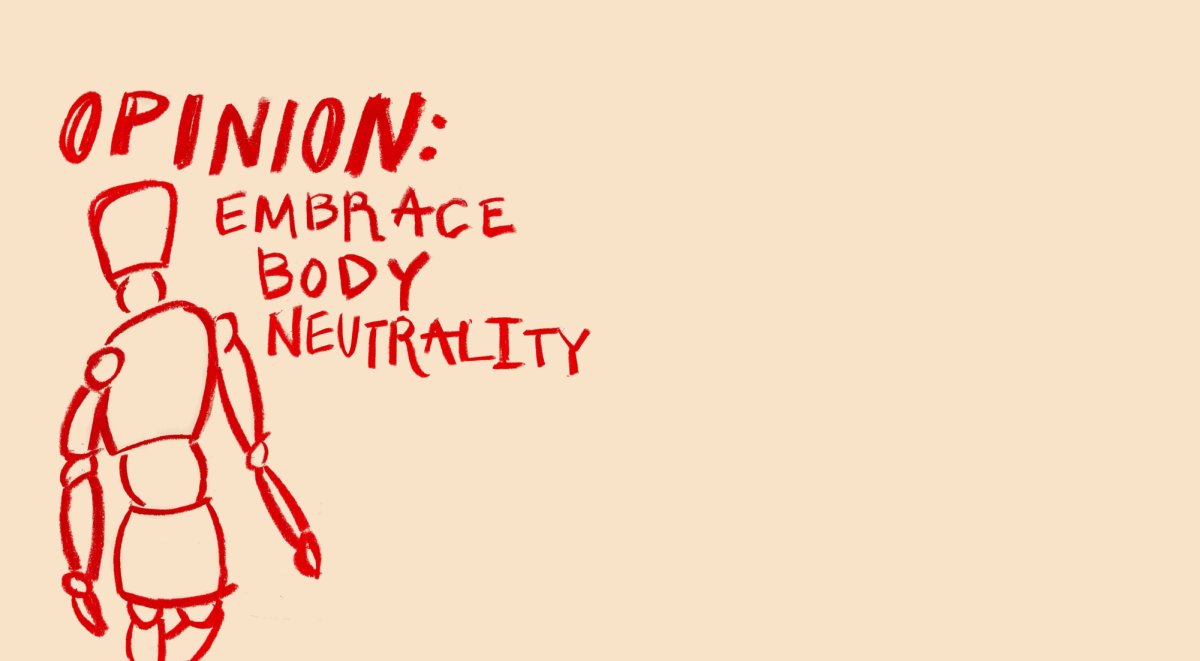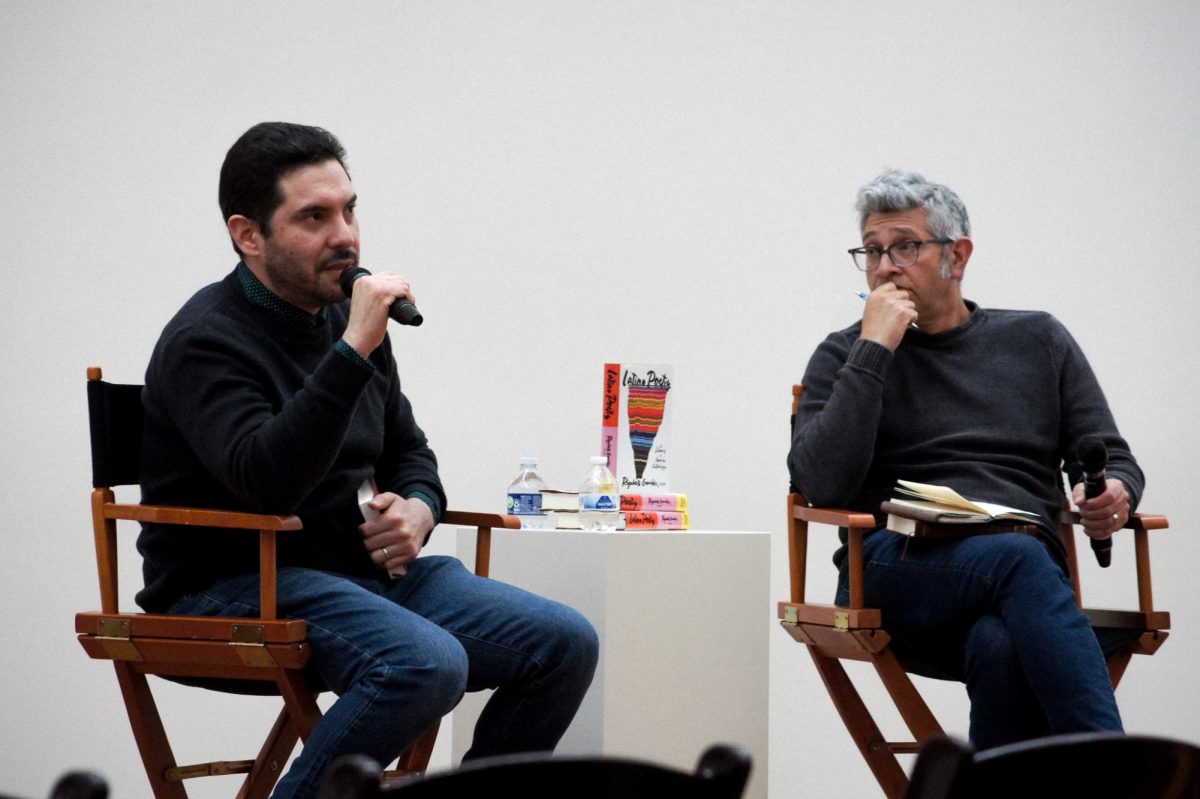Modern Greek Returning to the U this Fall
University of Utah campus. (Photo by Paige Gardner | The Daily Utah Chronicle)
August 23, 2022
Starting this fall semester, Modern Greek will once again be taught at the University of Utah. One of the beginner Modern Greek classes will be taught by Pagona Tsoutsounis.
Tsoutsounis has been teaching adult Greek classes at the Greek Orthodox church for several years and is excited to start teaching students at the U.
“I love teaching young adults because when they sign up for classes, it’s because they want to learn, not because their parents make them,” Tsoutsounis said.
According to Christopher Lewis, the department chair of World Languages and Cultures, Modern Greek had been taught at the U for nearly 60 years but was suspended in 2020 for several reasons, including the pandemic and lack of staffing.
“Our instructor at the time had been teaching it for some time and she was looking to retire anyway,” Lewis said. “It was very difficult to find somebody under the circumstances, so it was kind of put on hold for a couple of years. We were able to find a new instructor that we’re excited about.”
Along with the return of Modern Greek will be the return of the William D. Cocorinis Scholarship, which was also suspended in 2020. Students with an emphasis in Greek, whether modern or ancient, are eligible for the scholarship.
The return of this language at the U won’t only benefit students, but will also serve to better represent the Greek community located in Salt Lake, Lewis said.
“There’s a large community of heritage speakers of Greek in the area, you know, it’s a language that certainly has everything to do with the ethnic diversity in Salt Lake City,” he said.
Greek Roots in Utah
Greek history in Utah dates more than a century back, with the first Greek immigrants arriving sometime during the 1890s. Many Greek families migrated to Utah for the mining opportunities, forming small communities in what is currently downtown Salt Lake City.
According to Rev. George Nikas, the presiding priest of the Greek Orthodox Church in Salt Lake City, the Greek community has become a very strong and vibrant community in Utah since their arrival, with many of the businesses and restaurants in downtown Salt Lake City being owned by people of Greek heritage.
“I’m sure you’re familiar with Crown Burgers and Astro Burgers,” Nikas said. “All those are Greek-owned.”
The Greek community in Salt Lake City also puts on an Annual Greek Festival, which is nearing its 50th anniversary. This festival is one of the largest cultural festivals in Utah and largest Greek festival in the western United States. This year, it will take place from Sept. 9-11.
According to Nikas, the festival gives non-Greek people in Salt Lake City a chance to “become Greek for a weekend” and experience authentic Greek food and culture.
“To witness our young people showcase part of Greek culture through Greek dancing is usually the highlight of the festival,” Nikas said. “Everyone loves watching our kids dance.”
The festival is a way for the Greek community to raise money for different charity groups and help those in need, Tsoutsounis said, while also celebrating Greek culture.
“We’re keeping our culture alive as we raise money that we donate to different organizations,” he said.
It’s More Than Just Language
Tsoutsounis said one of her main goals when teaching this year is to focus on the needs of the students in her class and to teach more than just language.
“I definitely want to incorporate the history of Greece, the history of the Greek language and the more Modern Greek that is spoken today,” Tsoutsounis said.
According to Lewis, communicating with just words is merely surface level, and the only way to truly understand another language is by examining its culture.
“If all you know is nouns and verbs and grammatical rules, that’s language. That’s not the same thing as communication,” Lewis said. “To really communicate with any kind of other culture or people from another country, the language isn’t enough. You have to understand their stories.”
Even at the U, Greek history can be found anywhere, said Tsoutsounis, who emphasizes that Greek culture has had a large influence on the development of other cultures and languages.
“The Greek language is one of the ancient languages that has influenced the world language,” Tsoutsounis said. “In any subject that you study at the university, a major part of the terminology involves roots from the Greek language.”
According to Nikas, Greek history has even contributed to the development of modern society today, with many modern beliefs and practices being derived from Greek origins. He said understanding the history and culture of the Greek people is often more important than being able to speak the language.
“You don’t have to speak the language to appreciate everything that Greece has offered, from democracy, to theater, to art, to law, to sciences, to everything that is offered to the world,” Nikas said.
Real Life Applications
According to Lewis, a new major will be added to the U called the World Languages and Cultures major. Students with this major can now have emphases in Portuguese, Korean, Arabic, Persian and Italian. There will also be a cultural studies emphasis being added, which allows students to study global topics in English without having to reach an advanced language level.
“There’s nothing you can study at a university that won’t be enhanced by having a language component,” Lewis said.
Studying a second language like Greek, along with its culture and history, increases success in work affairs by helping people develop international relationships, according to U.S. News.
“You got to understand the culture, understand how they do business, what’s going to offend them, what’s not going to offend them, what’s going to work and what’s not because of the history there,” Lewis said. “For the same reasons that just because I speak English doesn’t mean that I’m ready to go off and start a business in Ireland or Wales or England. It’s way more complicated than that.”
In today’s world the inability to speak another language is going to make it harder for people to function in not just their careers, but in any aspect of life, Lewis said.
“The fact of the matter is that we live in a world in which just speaking English isn’t enough anymore,” Lewis said. “Americans, in particular, are used to that. They think that if they speak English they can go anywhere and do anything and they’re not obligated to try and talk to anybody else on anybody’s terms about their own. That’s just not the case.”













Jennifer Mavros • Aug 23, 2022 at 9:41 am
Great article & wonderful to see the Greek language being offered! As mom raising soon to be college bound kids, it’s exciting to see they could explore their cultural language at that level. I had no idea there was a Greek community in Salt Lake; will add it to our growing list to check out. Thank you!